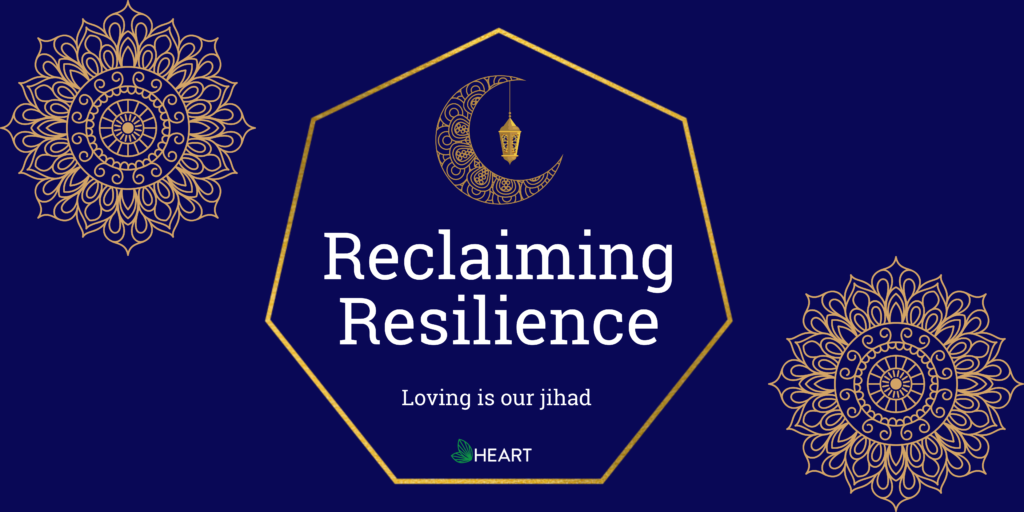
by Kiran Waqar
As we begin 2022, we reflect on the accomplishments, losses, and lessons of 2021. And as 2022 begins to look a little more like 2020-2, we remember our decision to name 2021 “The Year of Resilience.” As our team reflected on how resilient our communities’ are and have been, we also held the heaviness of the reality that resilience is often an expectation of marginalized communities to “put up and shut up” and an excuse for decision-makers to not make real change. And of course, we know too intimately that so many of us do not survive these systems: we have lost loved ones and community members to gender-based violence, to the negligence of our government in the face of a global pandemic, to an inhumane carceral state, to state-sanctioned violence, and more. We know that resilience as a weapon isn’t equally applied; Black women and genderqueer folks, in particular, are told to be resilient while also having their pain regularly dismissed and erased. We acknowledge the work of our contemporary leaders – audre lorde, bell hooks, Toni Morrison, and many more – who have paved the way for rethinking resilience. We also acknowledge our own positionality as a nonprofit. Though we actively work to disrupt the non-profit industrial complex, we have the ability to flatten and commercialize resilience.
Our communities are strong, we are grieving, and we are tired of having to be resilient in the face of oppression, and year after year, we’re organizing and demanding change. As a team, we sit with this discomfort; of knowing that our resilience is intimate, communal, and immensely powerful AND that it has been co-opted to justify our oppression.
But what if our resilience wasn’t reactionary, but intentional and grounded? What if our resilience was from a place of love, not pain? How can we reimagine resilience to be a cornerstone of liberated and just communities, as the legacy of our ancestors and faith tradition? What does it look like? What does it feel like? What does it sound like?
Communities that are marginalized are often told to be more resilient, as if we are not already resilient by just existing in this oppressive society. We are not resilient because we succeed in a capitalistic, racist, heteropatriarchal system; we are resilient for our softness, joy, and love in spite of these systems. In a world that tells us over and over again that success is being the biggest, the best, the most productive, we are resilient for softening our hearts. Loving is our jihad.
For that reason, we are leaning into resilience. In fact, we are embracing it, nurturing it, and are cautiously curious about it. We want to grow in that curiosity with all of you. As we enter 2022, we will be posting and uplifting works that remind us of resilience. Read the pieces, engage with our social media and website, and submit your own work. What if we could re-remember resilience for ourselves?

Leave a Reply